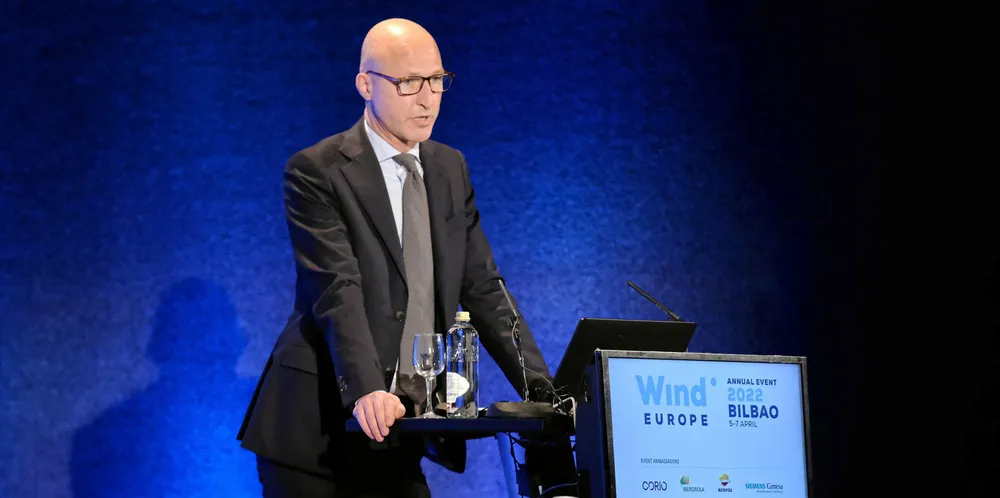'Europe needs new approach to wind auctions, with a focus on homegrown technology'
War in Ukraine has pushed EU to rethink its approach to energy security, and that must include a preference for locally made wind-power equipment, WindEurope 2022 told
